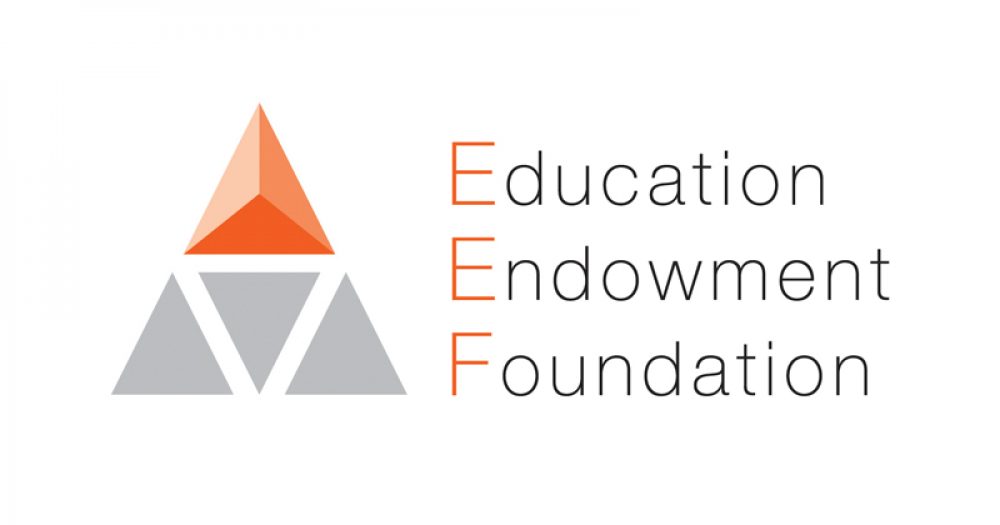Last week, the Education Endowment Foundation (EEF) published evaluations of four pieces of research.
As part of an ongoing series, Schools Week will analyse that research and its potential impact in schools.
The four projects were independently evaluated and a report published by the EEF last Friday.
The projects received a combined total of about £1.3 million, with almost £1 million of that going to a project conducted by the Communications Trust, the only full trial.
Two pilots, the Research Champion scheme and Research into Practice, shared about £100,000 from a £1.5 million pot from the Department for Education and the London Schools Excellence Fund, which was set aside to fund projects to “improve the link” between research and school practice.
The EEF has previously found that teachers “struggle to interpret and act on findings”. But evaluation could find no substantive evidence that the projects had an impact on classroom practice and the use of academic research.
A third pilot, Powerful Learning Conversations, again found no evidence that the method improved learning as intended.
Despite the overall negative results of the pilots, Kevan Collins, the foundation’s chief executive, said:
“The three evaluations of pilot programmes contain nuggets of information about teachers’ changing practice. Take all three together and you get an important lesson on how to translate research to classroom practice.
“They tell us that providing structured support for teachers focusing on specific actions for implementing interventions can be effective.”





Talk of the town: almost £1m and ‘no evidence of impact’
This batch of evaluations included a two-year scheme run by the Communication Trust, which hoped to improve children’s attainment through improving their speech, language and communication.
It was granted almost £1 million by the Education Endowment Foundation (EEF) to run the Talk of the Town trial, although the evaluation found no evidence of impact.
The 64 schools selected to be part of the trial had to be in areas of social disadvantage and have at least 20 pupils in years 2 and 5. Schools were located in the north east, north west and south of England.

Success was based on how much children’s reading comprehension progressed at the end of the trial.
The trust said it was disappointed with the results, but pointed towards some positive findings. Octavia Holland, the trust’s director, said: “Talk of The Town is a complex whole school approach to supporting pupils’ language and communication in areas of social disadvantage.
“While the primary findings from this randomised control trial in reading comprehension do not show a positive impact, the EEF evaluation includes findings about other benefits from the Talk of the Town approach, including that 88 per cent of respondents felt the programme was an important addition to provision in their school.
“Teachers felt more able to identify children who needed support and to monitor language and communication development; they were clear that they hoped to see improvements in reading and writing in the long term, and that behaviour had improved as a result of the strategies used.”
Kevan Collins (pictured), EEF’s chief executive, said he was confident of the accuracy of the results, as the evaluation was awarded four out of five padlocks, a method used to score the robustness of evaluations.
“Robust evaluation of a widely used programme like this is incredibly valuable, whatever the result, and will help schools spend their budgets in the most effective ways.”
Holland added: “We look forward to sharing a secondary report that brings together the findings of the EEF evaluation report, information from an independent evaluation undertaken by the University of Manchester and data collected by schools involved in the Talk of The Town trial.
“These three sources give us a really clear picture of the overall impact of Talk of the Town and the lessons we can learn to further develop our understanding of how to most effectively support children and young people’s language and communication.”


Your thoughts